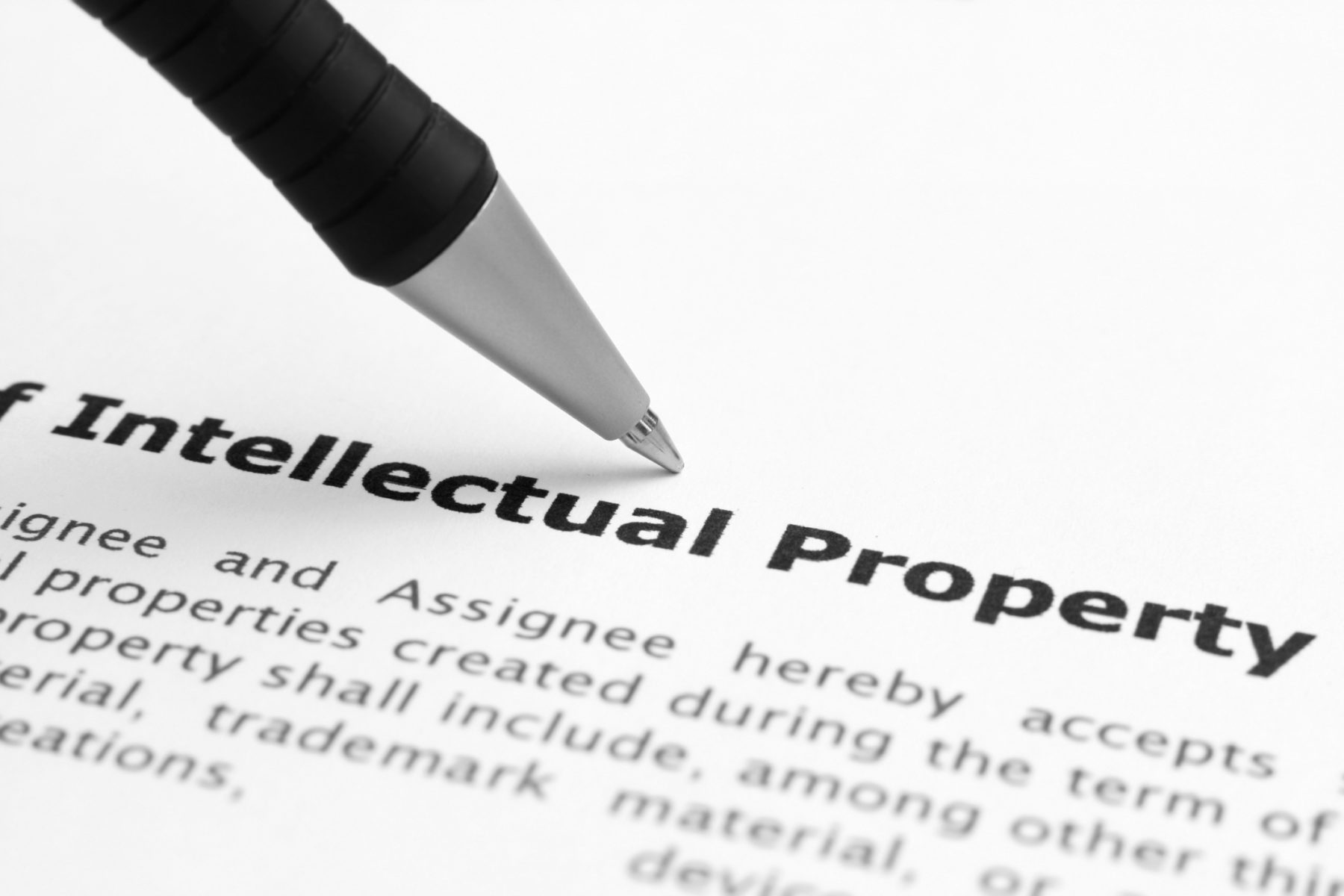Checklist to start your own small business
At Nationwide Super, we understand that starting your own business can feel a little overwhelming, but it doesn’t need to be. With the right setup, getting your business off the ground and running healthily is just a few steps away.
Once you have determined your business plan (i.e. your business goals, industry research, and marketing, operations, and financial plans), you will then need to pass through some legal hoops.
Here is an initial checklist to go through:
Business structure
First, you must decide on your business structure. Do you want to act as a sole trader/ individual contractor, in a partnership, as a company, or as a trust? To learn more about each business structure, visit business.gov.au.
Depending on the structure that will best suit your purposes you will have different liability, taxation and legal requirements to fulfil. We recommend exploring each with a professional accountant who knows the ins and outs of your business plan before registering.
Superannuation
The Superannuation Guarantee (SG) is a contribution that the employer must pay towards all of their employees. This rate is currently generally set at 9.5% of the employee’s salary and is paid either directly to the employee’s specific super account or to a default fund that takes charge of the super needs of the whole business.
To make sure that you are safeguarding yourself and your employees, choosing Nationwide Super gives you the choices and support that you need for meeting your small business superannuation obligations to get started with your business and the responsibilities that it entails.
In the world of small business opportunities, Nationwide Super can help you by providing advice, support and the best products and services to make your life easier as a business owner.
Funding
Starting up your own business will often come down to money. So the question of how are you funding your startup, and how far will the money go is one of the first questions to ask. Secondly, do you have the financial and accountancy knowledge to keep your business running once you have got it off the ground? If not, will you need an accountant?
Name and trademark
What is the name of your business? Do you want to trademark it? Bounce some ideas off of those around you and try to make it short, snappy and memorable. The easier it is for people to remember you, the more clients you will end up getting, and faster.
Visit the ASIC Business website page (http://asic.gov.au/for-business) for more information about registering a business name.
You may also like to check out the Australian Intellectual Property website to see if the name is available.
Legal documentation
Once these questions are answered and you have a clearer picture, the next step is you then have to apply for an Australian Business Number (this may include a Goods and Service Tax number if you anticipate to make over $75,000 turnaround per annum), and a Tax File number for your company, determine if you need to register for Goods and Services Tax (GST) (visit the Australian Taxation Office at ato.gov.au for more information on registering for GST), to and then get to know the legislation around PAYG. For detailed advice, seek professional help from a business lawyer and accountant.
For more tips and advice on this topic, visit our latest Nationwide blog post, ‘Thinking of starting a small business? Do these things first’.





